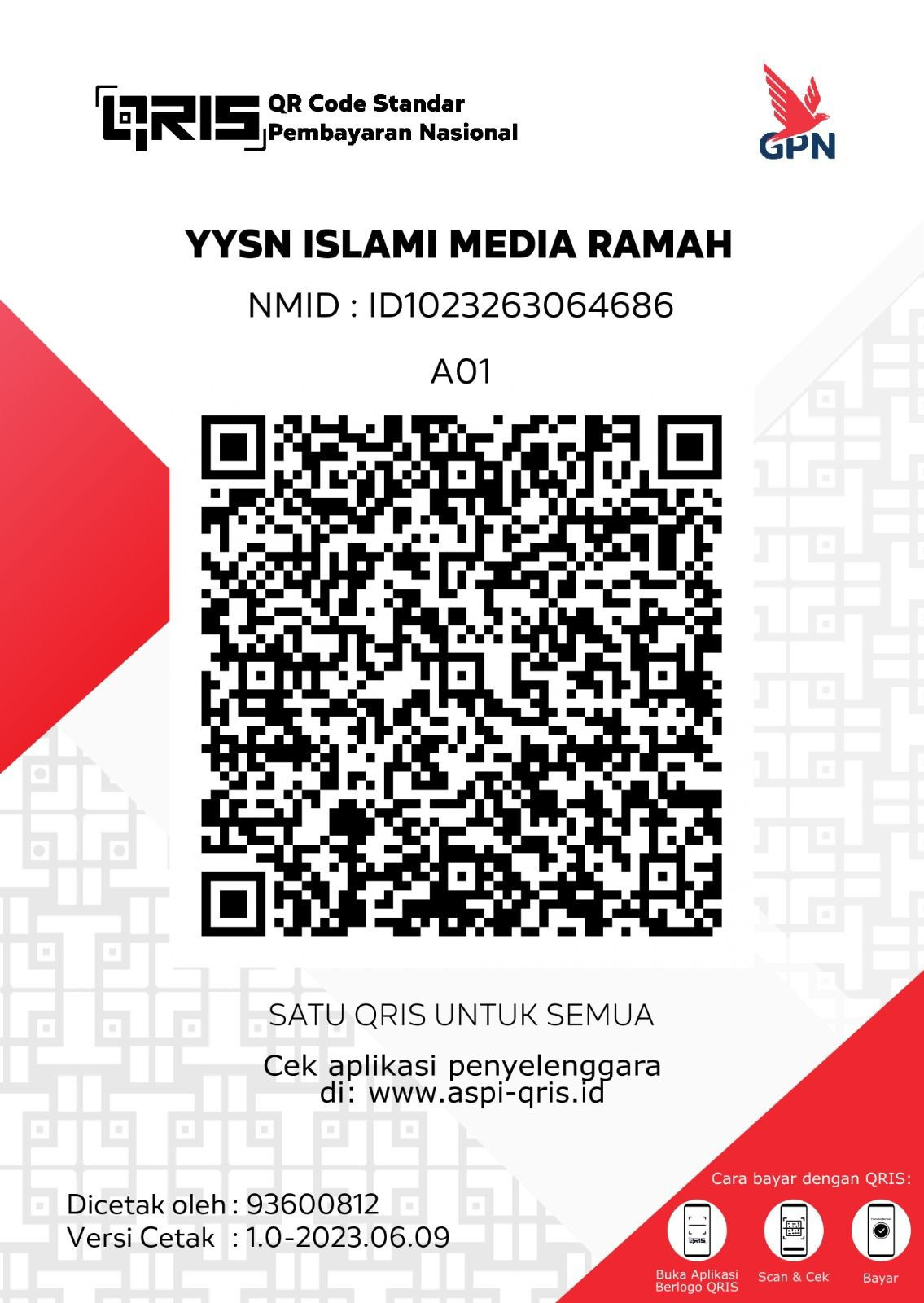
Islam obviously encourages its adherents to continuously think about their inner selves and all God’s creation in the universe as well. It is emphasized by Qur’anic verses which frequently mention: “Afalaa Tatafakkarun” (don’t you think?), “Afala Ta’qilun”, (don’t you use your wits?), “Wa fi Anfusikum, Afala Tubshirun”, (and in yourselves, don’t you see? ).
The Qur’an says and the Prophet is also asked to remind, particularly, the Arabic people and generally to all humankind as bellow;
Then do they not look at the camels, how they are created? And at the sky, how it is raised? And at the mountains, how they are erected? And at the earth – how it is spread out? (Al-Ghasyiyah [88]: 17-20).
In other verses, Allah also confirms and rebukes people frequently reciting or memorizing Qur’an but do not learn or understand its messages:
Then do they not reflect upon the Qur’an, or are there locks upon [their] hearts? (Muhammad [47]: 24).
In fact, it is interesting to see the terms used in Quran to deliver the command to think. The use of prohibition term “do not” according to me is a slate within Qur’anic criticism. The term explicitly declares that Allah is insinuating those who are unwilling to think, brood over and pay attention to life. In Arabic literary, the way He says is called “Istifham Inkari” in which as if Allah saying “You all don’t think. Then, think about it!”
Unfortunately, those verses above were no longer receive the earnest attention of most Muslims in present or even since long periods. It seems to be ignored and Muslim scholars were ceased for centuries.
It is even worse seeing the current circumstance of Muslims in which there is a new perspective on religion among Muslims. It shows that they tend to be anti-intellectual dialectic as well as having a negative view on using rational-logic in understanding religion. According to this group, the sacred text must be understood and followed by its textual meaning with totally abandoning the rational perspective. They, instead, consider a creativity and innovation within religious practices as a misleading or popularly called “bid’ah” (heresy).
They even totally reject the different others. This group merely consider that their opinion is the only truth while others’ are defiant or infidels. In addition, at the extreme level, they generally also anti-everything from the West such as democracy, human right and including nation-state concept. The rejection is not merely against the West’s notion but, for some instances, also against the products of technology.
It is like a paradox considering that in their daily life, they, in fact, use the West’s products while on the other hand, they also condemn it.
This phenomenon basically remind us that if we are unwilling to think about or even anti-intellectualism, consequently we continuously must be lag and left behind and being marginalized in the world history. We always remain to become consumers of other’s intellectual and technological products.
Therefore if we are yearning to be a glorious nation, there is no way but returning to the critics from the Qur’an; being critically thought, productive, open, using our mind to think about God’s creation, reflecting, exploring and managing it for the well-being of mankind. Let’s think, don’t be so emotional.
Let’s reflect from Qur’an, don’t just memorize
Kamu juga bisa baca versi Inggris islami.co di klik en.islami.co

